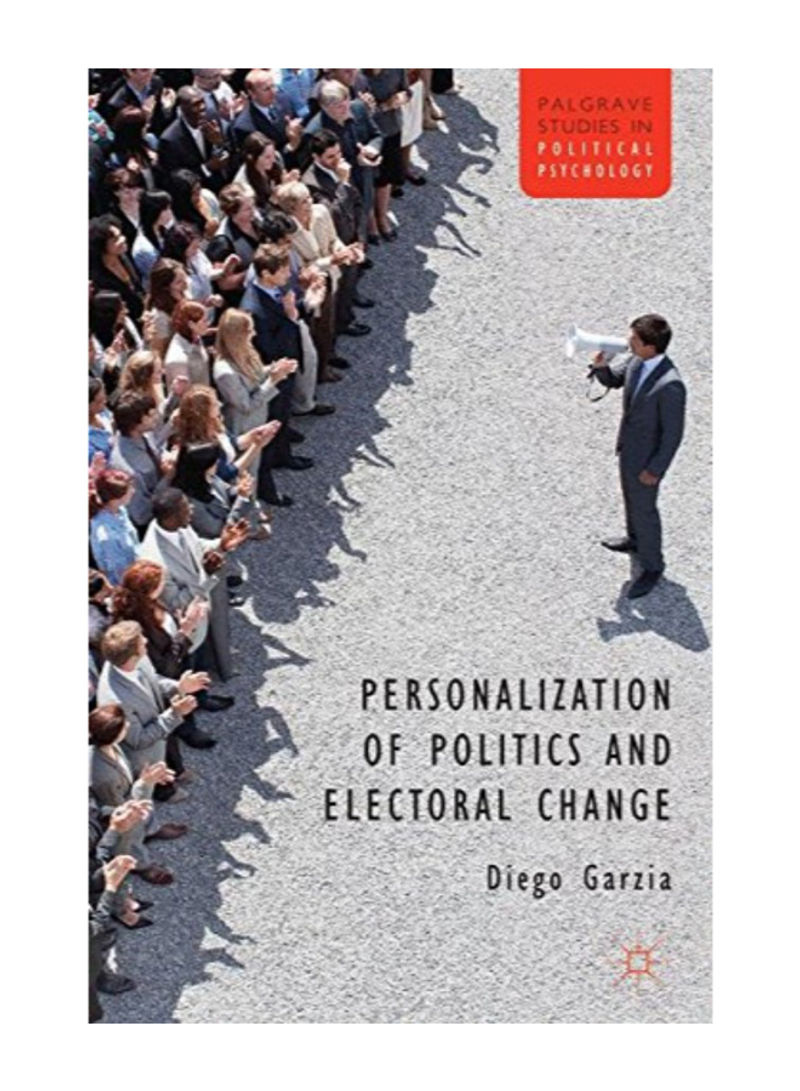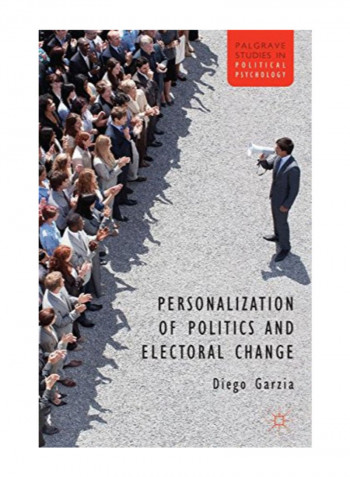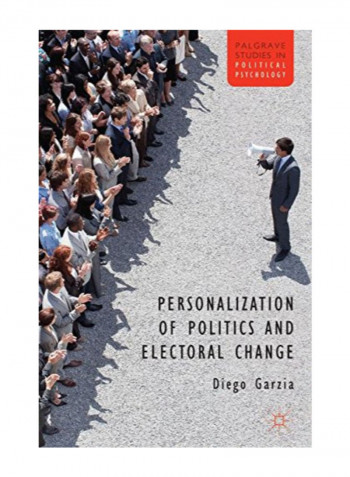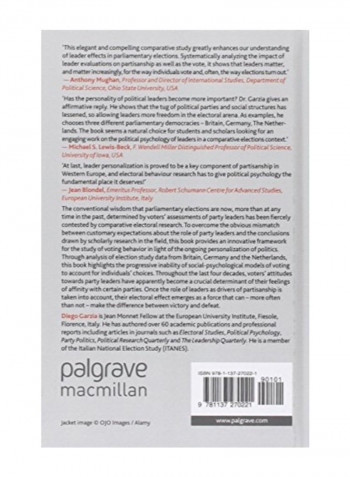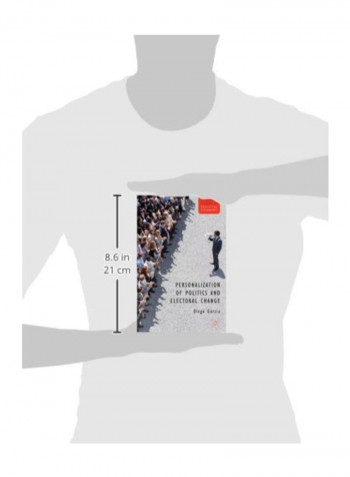Personalization Of Politics And Electoral Change (Palgrave Studies In Political Psychology) Hardcover
Recommend
Sort by
Rating
Date
Specifications
Author 1
Diego Garzia
Book Description
The conventional wisdom that parliamentary elections are now, more than at any time in the past, determined by voters' assessments of party leaders has been fiercely contested by comparative electoral research. To overcome the obvious mismatch between customary expectations about the role of party leaders and the conclusions drawn by scholarly research in the field, this book provides an innovative framework for the study of voting behavior in light of the ongoing personalization of politics. Through analysis of election study data from Britain, Germany and the Netherlands, this book highlights the progressive inability of social-psychological models of voting to account for individuals' choices. Throughout the last four decades, voters' attitudes towards party leaders have apparently become a crucial determinant of their feelings of affinity with certain parties. Once the role of leaders as drivers of partisanship is taken into account, their electoral effect emerges as a force that can – more often than not – make the difference between victory and defeat.
ISBN-13
9781137270221
Language
English
Publisher
Palgrave Macmillan
Number of Pages
137
About the Author
Dr. Diego Garzia is Jean Monnet Fellow at the European University Institute, Florence, Italy. He has authored over 60 academic publications and professional reports including articles in journals such as Electoral Studies, Political Psychology, Party Politics, Political Research Quarterly and West European Politics. He is member of the Italian National Election Study (ITANES).
Editorial Review
This elegant and compelling comparative study greatly enhances our understanding of leader effects in parliamentary elections. Systematically analyzing the impact of leader evaluations on partisanship as well as the vote, it shows that leaders matter, and matter increasingly, for the way individuals vote and, often, the way elections turn out. Anthony Mughan, Professor and Director of International Studies, Department of Political Science, Ohio State University, USA. "Has the personality of political leaders become more important? Dr. Garzia gives an affirmative reply. He shows that the tug of political parties and social structures has lessened, so allowing leaders more freedom in the electoral arena. As examples, he chooses three different parliamentary democracies - Britain, Germany, The Netherlands. The book seems a natural choice for students and scholars looking for an engaging work on the political psychology of leaders in a comparative elections context."
